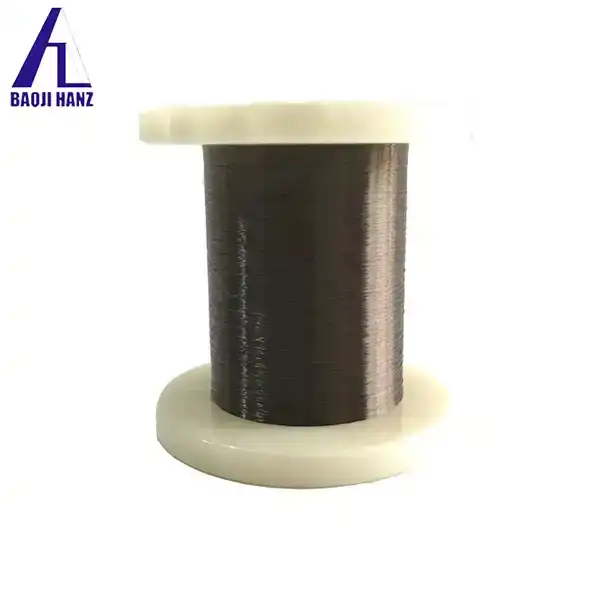Expands when heated, softens when cooled, "memory" ureteral stent is here!
2024-06-03 17:27:16
On December 16, the Urology Department at Ruijin Hospital successfully implanted a spiral nickel-titanium memory alloy ureteral stent in a patient, marking the first clinical use of this product since its approval in China.
Advanced "Memory" Stent for Ureteral Obstruction
Designed to alleviate the pain associated with repeated tube replacements, the innovative stent offers significant advantages over traditional ureteral drainage tubes. Typically, conventional tubes require replacement every 3-6 months, involving frequent cystoscopy or ureteroscopy procedures. The new memory alloy stent, however, has a potential safe implantation duration exceeding 11 years.
Mr. Ke, a patient suffering from rectal cancer, experienced tumor progression that invaded his left ureter, resulting in hydronephrosis of the left kidney. To preserve kidney function and prepare for further anti-tumor treatments, the urology team led by Xu Danfeng decided to utilize this advanced stent.
On the morning of the procedure, doctors Zhu Yu, Xie Xin, and He Hongchao accurately measured the ureteral stenosis using intraoperative X-ray positioning, selected an appropriately sized metal stent, and precisely placed it. After injecting hot water at 65°C, the nickel-titanium alloy stent expanded and anchored securely, successfully reopening the ureter.
Innovative Features and Benefits
The nickel-titanium memory alloy stent offers unique properties: it expands when heated and softens when cooled, simplifying both implantation and removal procedures. Additionally, the stent's special coating reduces the risk of stone formation and epithelial cell growth, allowing for long-term placement.
Director Xu Danfeng explained that ureteral stenosis, often caused by tumors, trauma, or infections, can lead to hydronephrosis and impaired renal function. Traditional drainage tubes are prone to crusting and stone formation, necessitating regular replacements that inconvenience patients and cause discomfort.
The newly implemented stent is expected to enhance patients' quality of life significantly. Ruijin Hospital, with extensive experience in prostate metal stent implantation, aims to achieve similar success with ureteral stents.
Promoting Biomedical Innovation
This clinical application aligns with the municipal government's "Action Plan for Promoting the High-Quality Development of Shanghai's Biomedicine Industry (2018-2020)," which aims to accelerate the high-end, intelligent, and international development of the biomedicine industry. By introducing cutting-edge technologies and products, the hospital strives to improve patient health outcomes and quality of life.
Ruijin Hospital's pioneering efforts in utilizing the nickel-titanium memory alloy ureteral stent exemplify their commitment to adopting innovative solutions to meet the evolving needs of patients.
Baoji Hanz Metal Material Co., Ltd.
Gaoxin Avenue, BaoJi city, ShaanXi province China
Tel: 86-917-3258889
Mobile, Whatsapp,Wechat: +8618091719909
Email:baojihanz-niti@hanztech.cn

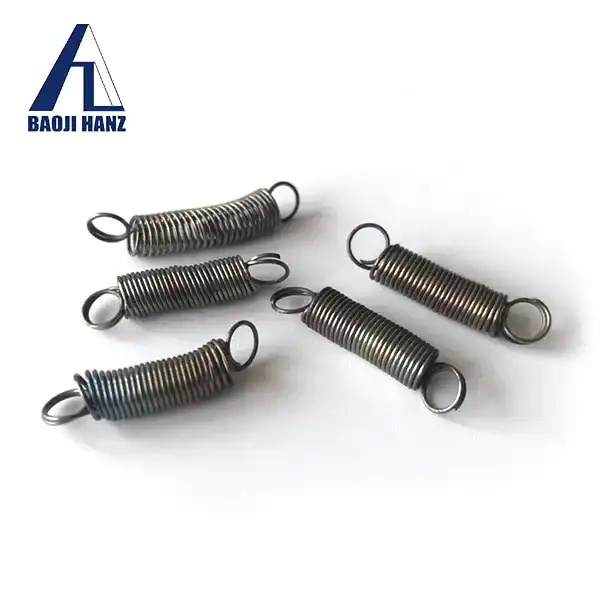
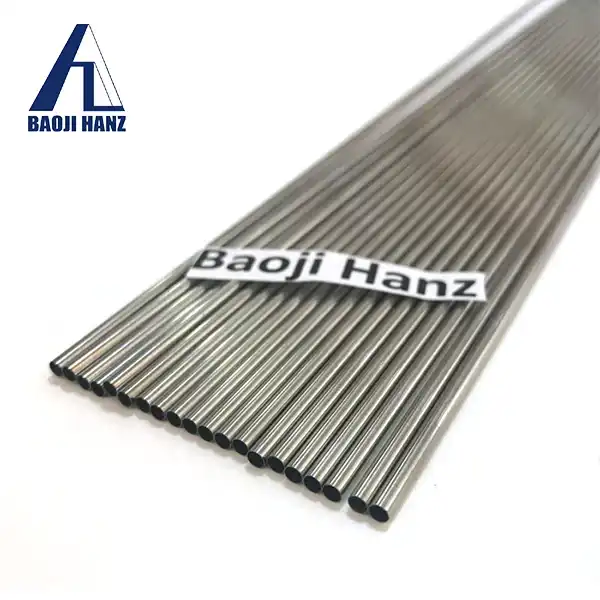
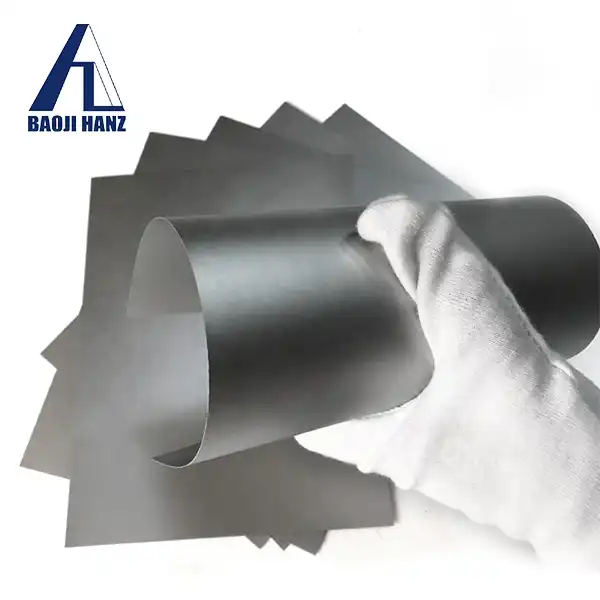
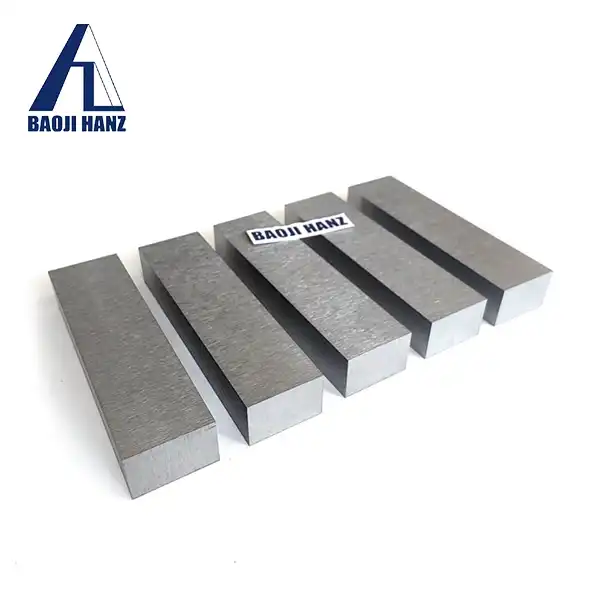
.webp)
.webp)
.webp)
